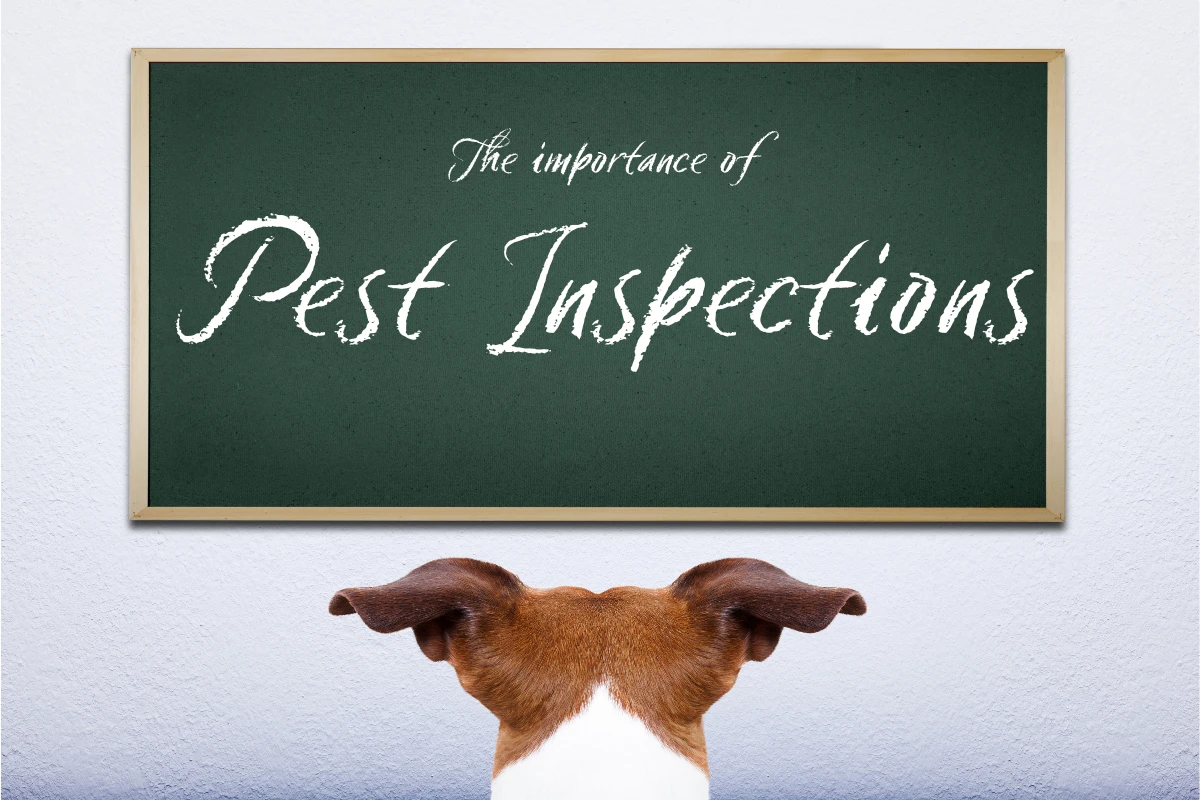Finding critters and potential dry rot is crucial to protecting your property and your wallet.
What is a Structural Pest Inspection?
This inspection is designed to look for dry wood termites, dry wood beetles, and dry rot –– anything which can cause damage to the structural integrity of your home. Termites and other tiny critters can cause serious damage to your property. We’re talking about insects like carpenter ants, or wood-boring beetles and larger pests like rodents. Nobody wants to discover termites, rats, or mice are at play! Nor do you want to have significant dry rot issues. Because these problems need to be fixed as soon as they are found, a pest inspection is best carried out by a professional who knows where to look and what to look for.
Why are pest inspections so important?
The reason a good inspector is crucial is easy: many pests, especially termites, can cause severe structural damage, so it’s really important to find any existing problems and take action before the damage gets worse (and more expensive to deal with). This is a clear-cut case for being proactive.
Besides being a nuisance, pests can pose health risks. Rats can spread disease, insects can contaminate food. No one wants to be surprised by an ant infestation or wasp hive. Pest inspections find these issues and help you maintain a safe and healthy environment. Feel free to call our office to get a referral to a trusted pest inspector.
Dry rot is what occurs if you have water leaks, either from plumbing, windows, or roof areas. Dry rot also can significantly affect the structural integrity of the property. An inspector will look for this.
Pest inspection myths
Still curious? Here are a few myths about pest inspections: By now you know they’re not just for termites. Dry rot is a major issue too. One inspection isn’t enough over years; much like the dentist, regular checkups are a good idea. Keep in mind a pest inspector can identify pest infestations and very often can do the repairs. If not, you’ll have to hire a pest control professional. And lastly, a “pest-free” inspection report doesn’t mean there are no pests, but that none are visible to a trained professional eye. That counts for a lot, but it doesn’t mean you shouldn’t stay vigilant. Again, don’t hesitate to ask us for a referral to a great pest inspector.

